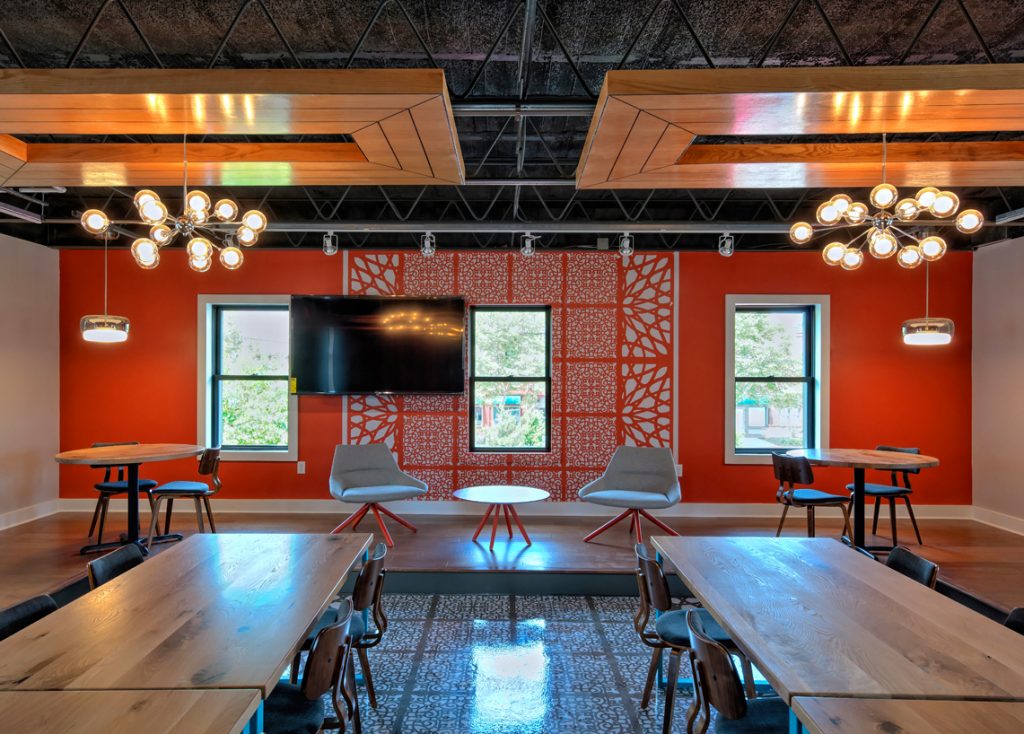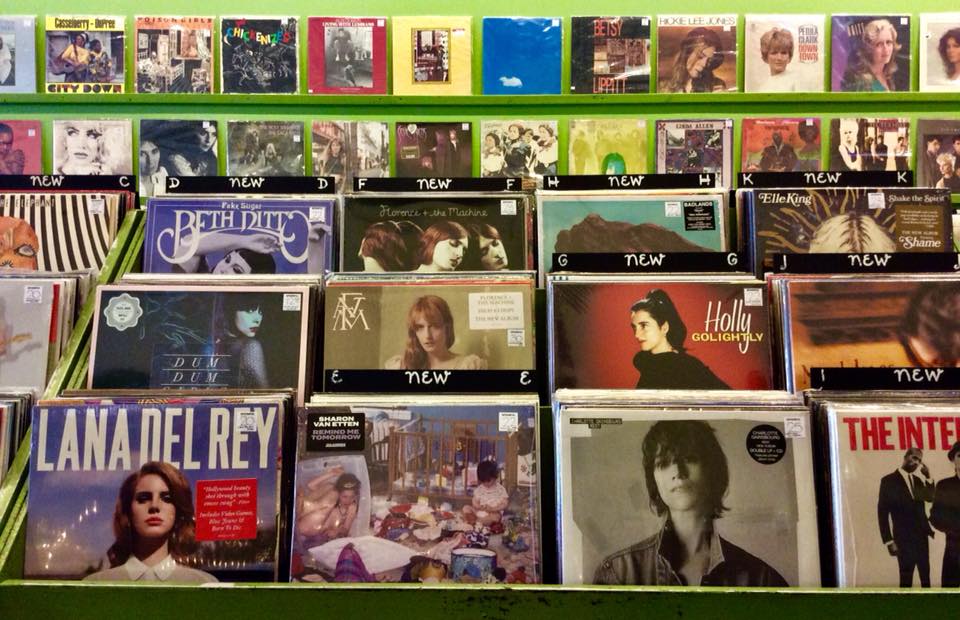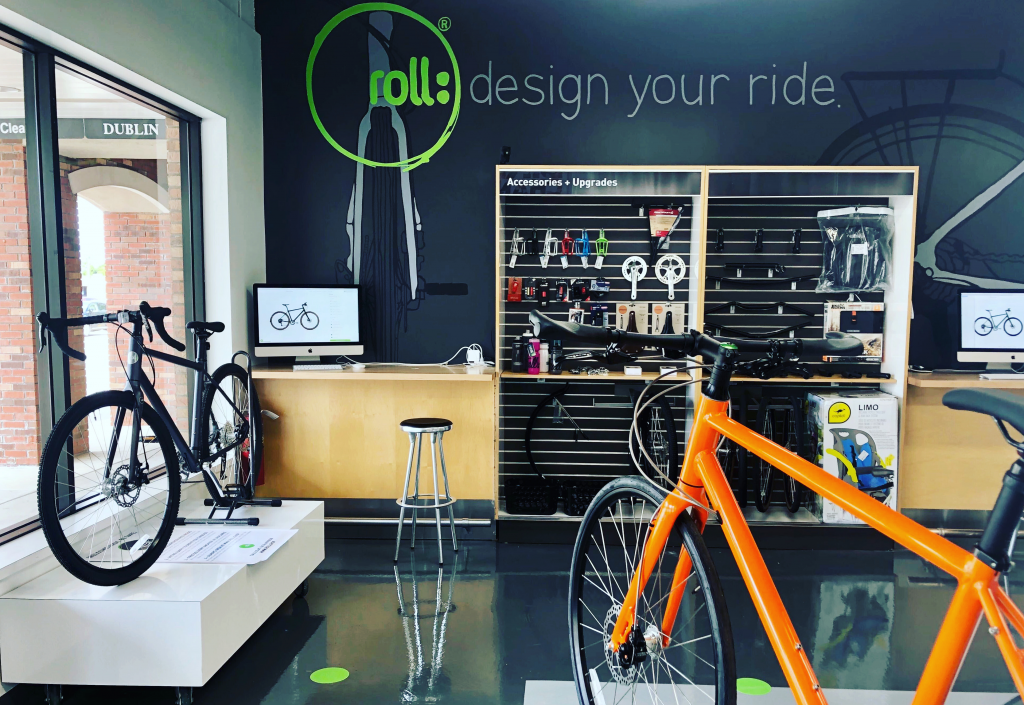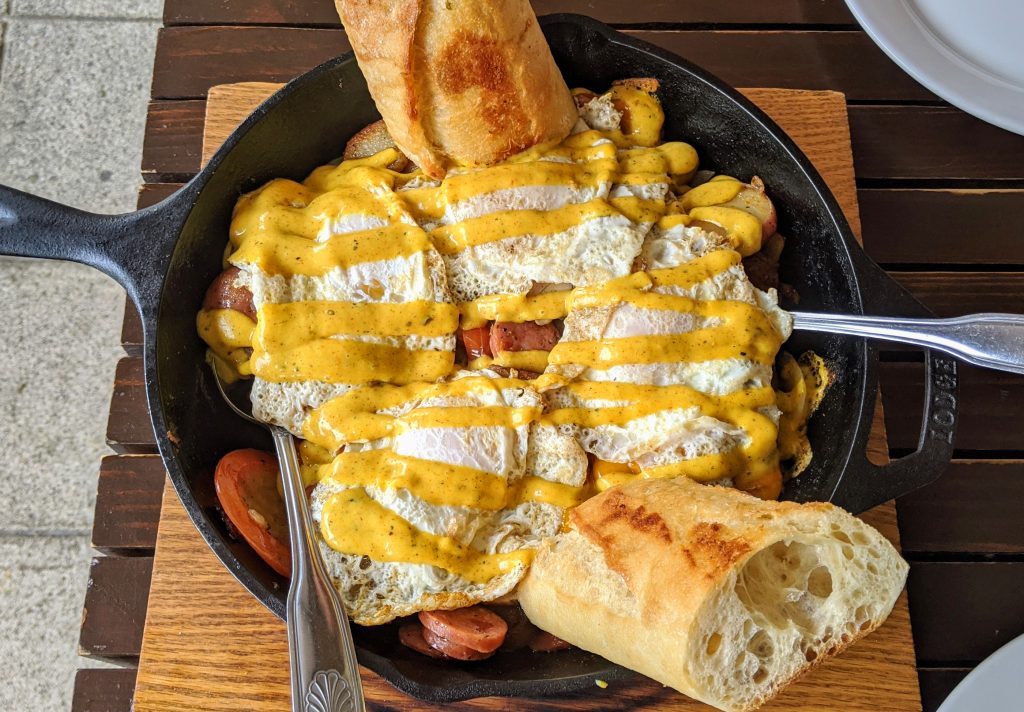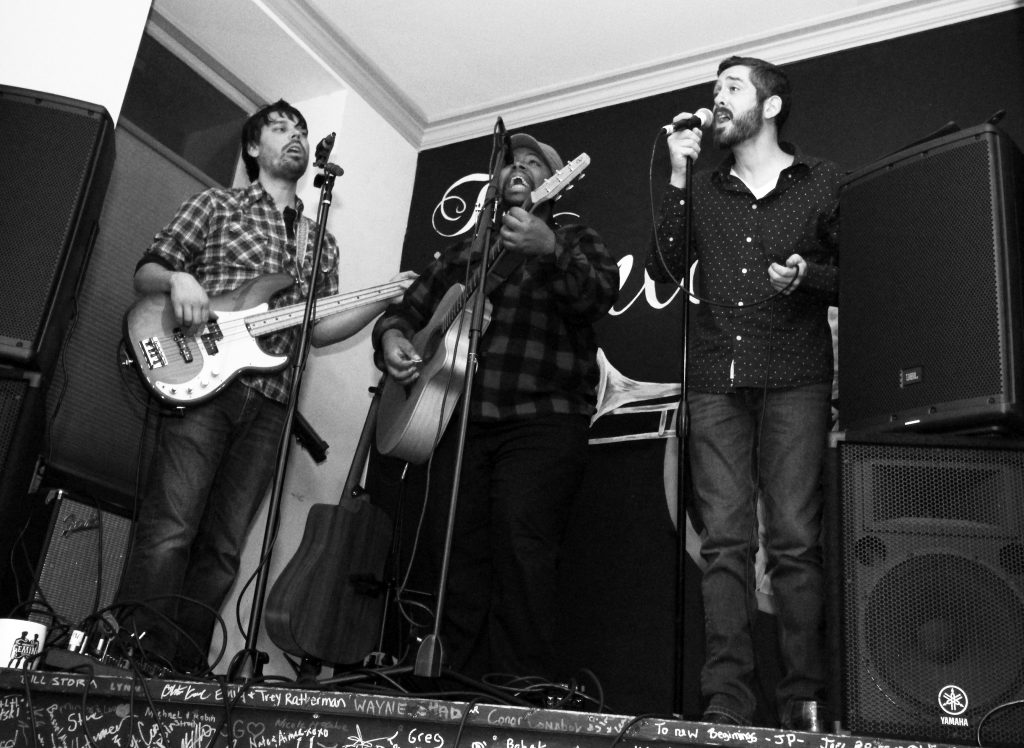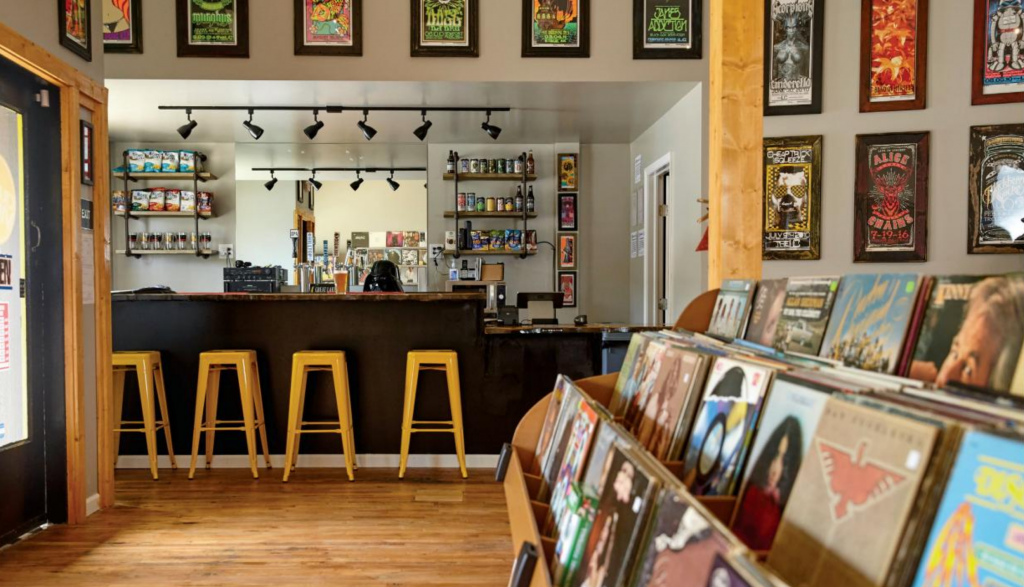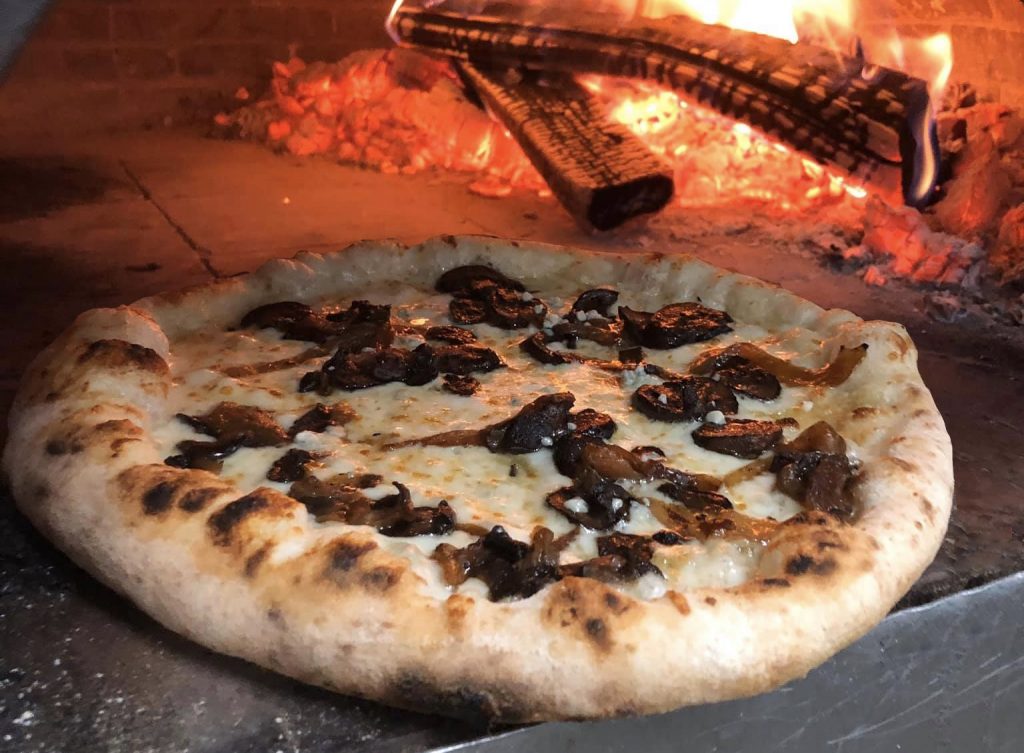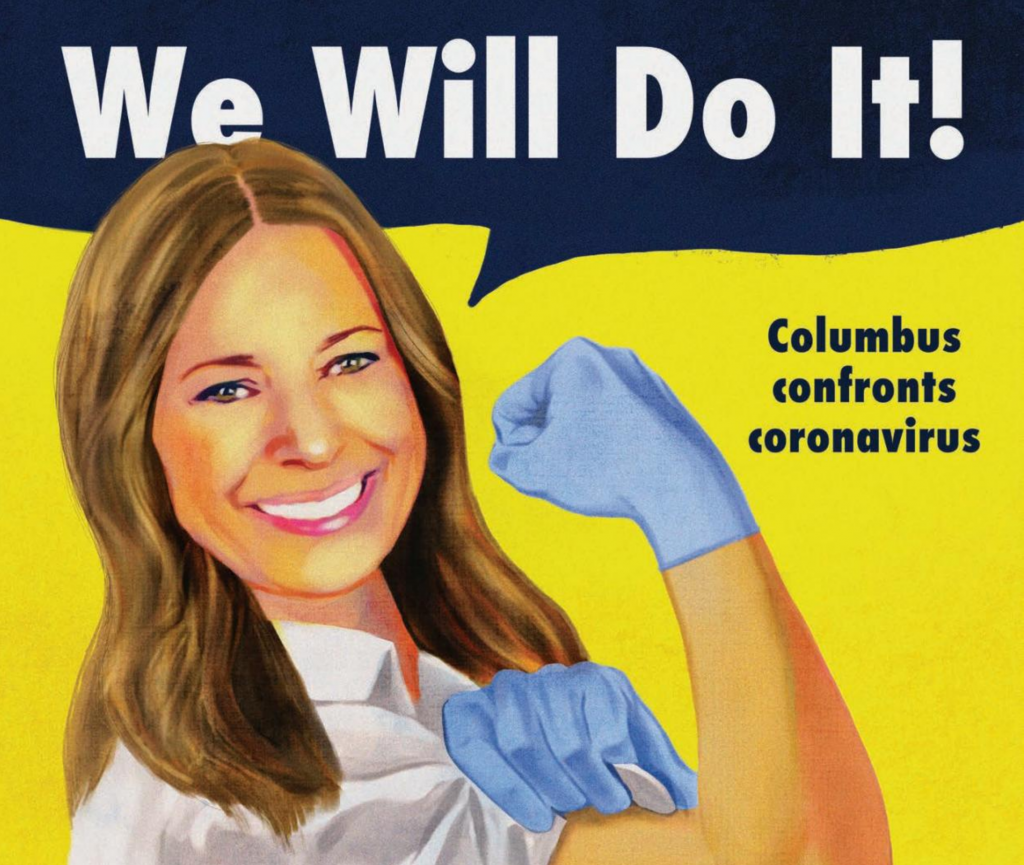Originally published in the July 2020 issue of (614) Magazine
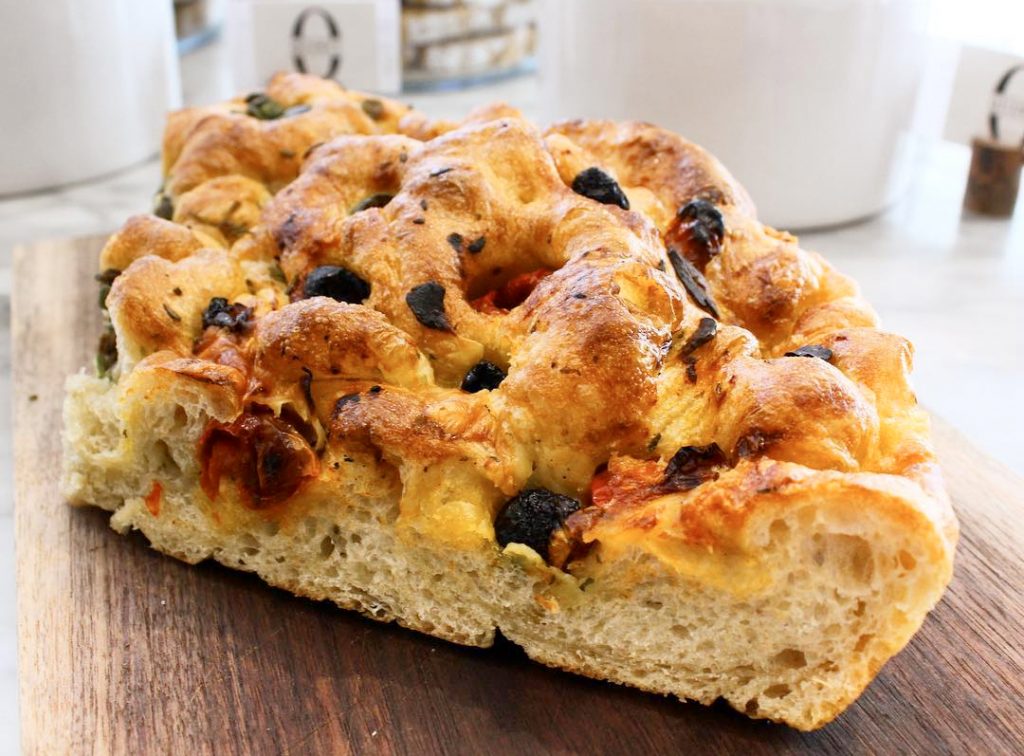
Between intrusive construction and coronavirus concerns, the retail disruption of the Short North has been interminable, if not untenable. But when your faithful clientele are still willing to fight for parking during a pandemic, you must be doing something extraordinary.
Deborah Quinci’s tiny Italian market may seem modest from the street, but one step through the door is in many ways a world away. Featuring imported provisions and authentic accoutrements for adventurous home chefs eager to up their game despite a crisis, the term emporium hardly sums it all up. What started four short years ago as a culinary boutique has evolved into a community kitchen for prepared fare, hands-on classes, and wine tastings. It’s an immersive retail experience defined as much by the passion of its patrons as the exclusivity of the selection.
“It reminds me a little bit of Dean & DeLuca, before they became so big. They were a grocery, a neighborhood store,” explained Quinci. “Italians love to gather together and share food, so our kitchen and cooking classes became an extension of that. We call it ‘convivial’ and it’s just part of our culture.”
Remote learning is all the rage, but teaching someone how to cook a time-honored recipe is where the internet still tends to fall flat. Technique is tactile and even the exact same ingredients don’t guarantee the same results. But she soon found her close-knit classes were becoming their own community, with students connecting socially beyond the space that initially brought them together. Suddenly, Quinci Emporium became much more than just a store.
“We wanted to explore more original recipes in Italy, some that are not even well known to me,” Quinci confessed. “I’m from Sicily, from the west part of the island. I don’t know everything they’re doing on the east or the north part of the island. They have recipes that I’ve never heard before.”
That curiosity resonated and soon became a destination, a week-long culinary excursion to Tuscany for a contingent of students to learn first-hand from masters of their craft, helping preserve experience easily lost over time. But with recent travel restrictions and uncertainty indefinite, Quinci Emporium’s latest instructional adventure has been more local and entirely online. Despite the inherent limitations of the format, enthusiasm and rapport closed the gap.
“We prepared baskets of ingredients already measured for everyone. They came and picked them up, or we delivered them so everyone was prepared,” she noted. “Everything was extremely detailed. We all knew each other, but I was still surprised by how well it went.”
The kitchen is the heart of any home, and that’s also true of retail stores that suddenly become restaurants essentially overnight. The shift from showcasing preparation skills and their edible inventory to serving prepared meals to-go wasn’t without its challenges. Supply chain concerns for imported items and limited availability from local vendors required some keen insights and novel negotiations to stay stocked.
“Sometimes, we used to give away the bread or the focaccia leftover at the end of the day. Now people are buying more than ever. I remember the first week of the pandemic, I had people coming in and buying up wine. They were worried we might sell out,” she revealed. “I called all of my purveyors and asked if they had any closeout wine, ones I could sell for up to $10 and have, you know, a pretty decent bottle of wine. They’ve become huge sellers and people are buying them by the case. Maybe they only used to buy really expensive bottles, but they’ve discovered a $10 bottle can be really, really good too.”
From sauces and spreads to spices and sweets, the staple for comfort food is still Quinci’s impressive selection of pasta. Cavatelli with porcini mushrooms for four is also $10, as is their risotto with porcini and white truffle oil for three, among more than a dozen pastas and “one-pot” dishes, ready for easy pick-up or nearby delivery—as well as all of the ingredients for those who prefer to hone their own skills.
“It’s a lot of pasta, but not just pasta. Salmon has proven very popular, and they can get buffalo mozzarella and our dough and make their own pizza at home. We haven’t noticed anyone avoiding carbs lately”, Quinci chided. “We’re here to preserve and celebrate traditions, but we also know this hasn’t been an easy time for everyone. We’ve learned to adapt, something Italian immigrants, all immigrants, have done for generations.” ▩
Menus and online ordering for pickup and delivery available at quinciemporium.com
